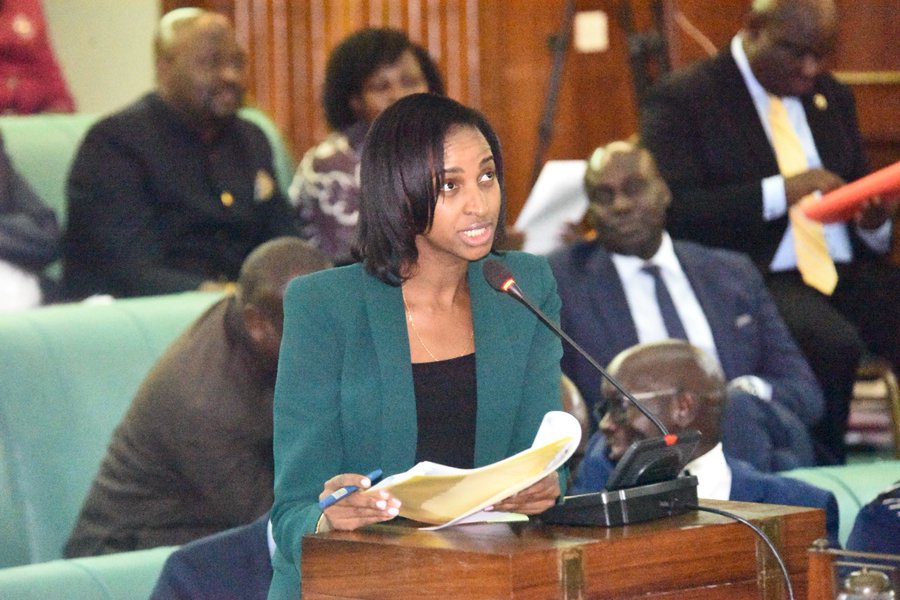Parliament has rejected the Alcohol Control Bill, 2023, which sought to regulate the purchase, sale, and consumption of alcohol in Uganda. The Bill, first introduced by Tororo District Woman Representative Hon. Sarah Opendi in November 2023, also aimed to control the time and locations where alcohol could be sold. During the plenary session chaired by Deputy Speaker Thomas Tayebwa on Tuesday, 13 August 2024, the decision was made following the presentation of the committee report by Hon. Sylvia Nayebare. The Committees on Trade and Health argued that the Bill, in its current form, would impose financial implications on the Consolidated Fund.
“The committee recommends that this august House should not proceed with the motion for the Second Reading of the Alcoholic Drinks (Control) Bill, 2023,” Nayebare stated, emphasizing that as a Private Member’s Bill, the committee is limited in considering amendments that would impose financial charges on the Consolidated Fund.
The committee also highlighted the need for the government to address the illicit alcohol trade, which accounts for 65 percent of alcohol consumed in the country, pointing out that the new bill does not adequately address this issue. The report stressed that while regulation of the alcohol industry is essential, it should be fair, balanced, evidence-based, and sustainable, taking into account the various stakeholders.
Aruu County MP Hon. Christopher Komakech, who presented a minority report, supported the Bill, arguing that it would help regulate the sector and address related challenges. “Restricting the hours of sale is a good step in fostering responsibility among citizens who struggle to control their consumption,” he argued.
Attorney General Hon. Kiryowa Kiwanuka advised MPs against advancing the Bill, stating, “I strongly urge that we wholly reject this Bill to avoid regulatory confusion. The good ideas from this Bill can be integrated into existing laws where appropriate.” He further noted that most aspects of the Bill, except for the regulation of alcohol sale times, are already covered by existing legislation, and sale times can be managed through licensing.
In her motion to move the Alcoholic Drinks Control Bill, 2023, for a second reading, Opendi argued that the Bill’s intent was to protect consumers from alcohol abuse. “We need revenue, but we also need a healthy population that can be productive to support this economy,” she stated.























